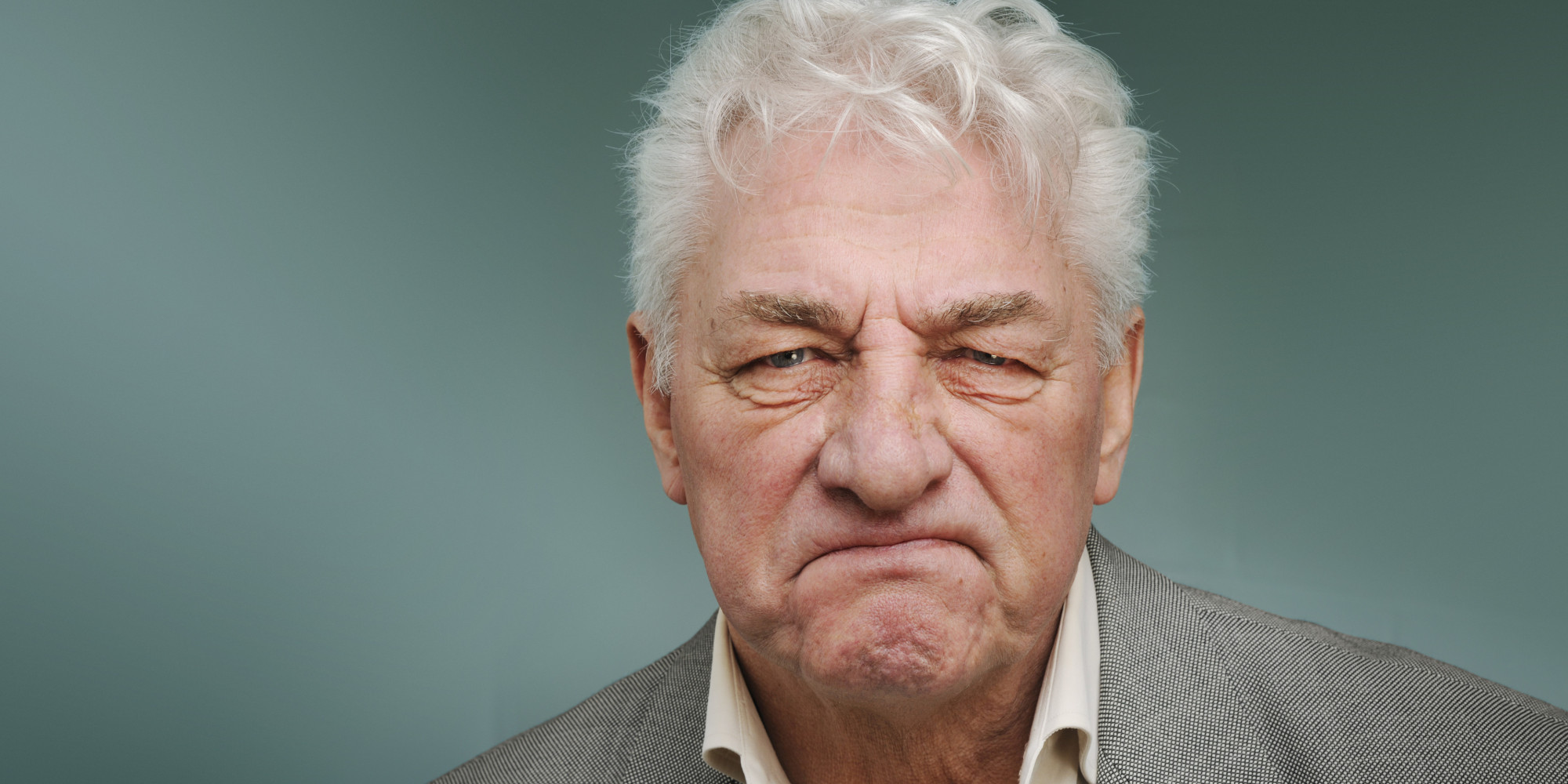Many of us have an aging male friend or family member who is unmarried and has no children. This man, also known as your “Uncle Marvin”, is getting older, lives alone, and is probably financially prepared for the remainder of his life. But he may be completely unprepared for the legal consequences of his aging. Unlike his female counterparts, such as your Aunt May, Uncle Marvin and his male contemporaries are more likely to be emotionally isolated from other family members and socially separated from his community. In addition, our society still erroneously views men as competent, stoic loners who don’t require or desire our involvement with their lives. Even our health care and aging mechanisms are geared toward











